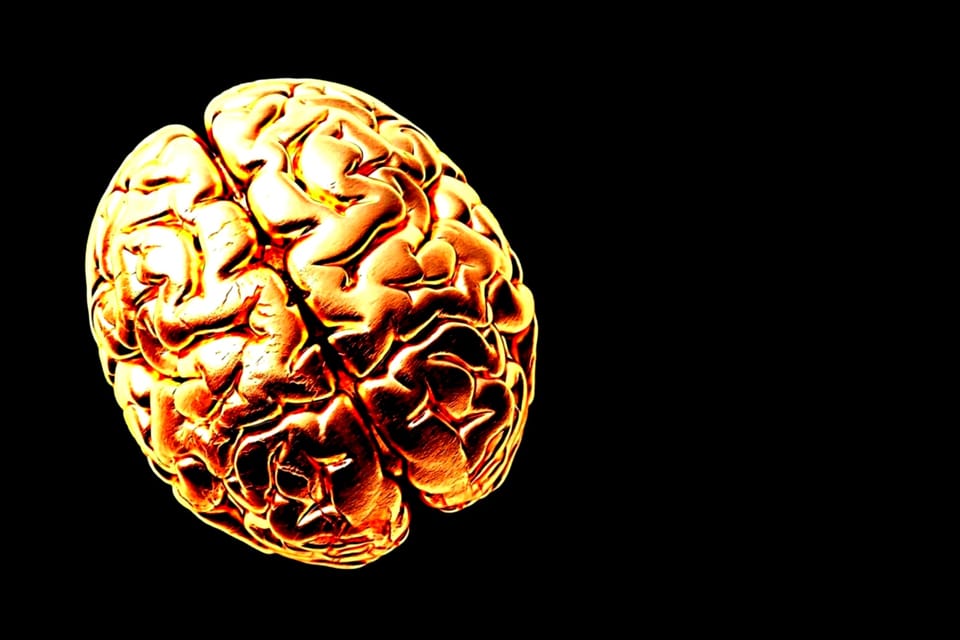Bombshells 💣💥

"Intuition need not be banned, but it should be informed, disciplined, and delayed."
—Psychologist Daniel Kahneman
> delusional optimism | bombshell
Over the last several decades, scientists and psychologists have uncovered one surprise after another about the human mind.
Psychologists at Stanford University, for example, conducted an extraordinary 1971 experiment in which they simulated a prison environment.
Students were recruited to play the roles of guard and inmate.
- The study made history in just six days. ⚠️
- The research participants conformed to their fake assigned roles with shocking ease and speed.
Researchers had to discontinue the experiment when the guards began humiliating the "inmates" and behaving abusively.
During that same decade, star psychologists Daniel Kahneman and Amos Tversky emerged as a formidable research duo.
Through groundbreaking inquiry, Tversky and Kahneman exposed hidden hardwiring in the human mind that deeply influenced our behaviors.
This hardwiring leads to cognitive biases and errors over which we have little conscious awareness or control.
In 1974, Kahneman and Tversky published a bombshell paper that eventually led to a Nobel Prize. 🏆
Their discovery obliterated the long-held belief by economists that human beings were fundamentally rational and made informed choices.
Journalist and biographer Michael Lewis:
- "The logic in the paper was awesome, overpowering. … The irrational behavior of the few would not be offset by the rational behavior of the many. People could be systematically wrong, and so markets could be systematically wrong, too."
Kahneman and Tversky found that our behaviors were nudged and prodded along by cognitive misfires and fallacies and errors and biases we can’t readily, consciously observe or control.
Why does it happen?
These errors can create headaches, but there's another side to the story. Our glitch-prone psychic software also helps us make decisions quickly when conditions are uncertain or changing fast.
Too often there’s simply no time for our conscious, aware minds to catch up and audit for errors in our decision-making.
- next time "Physicians were just as susceptible to the framing effect."
- listening Chelsea Wolfe "Dusk"
>> full series | alerts | playlist / social | tip jar

